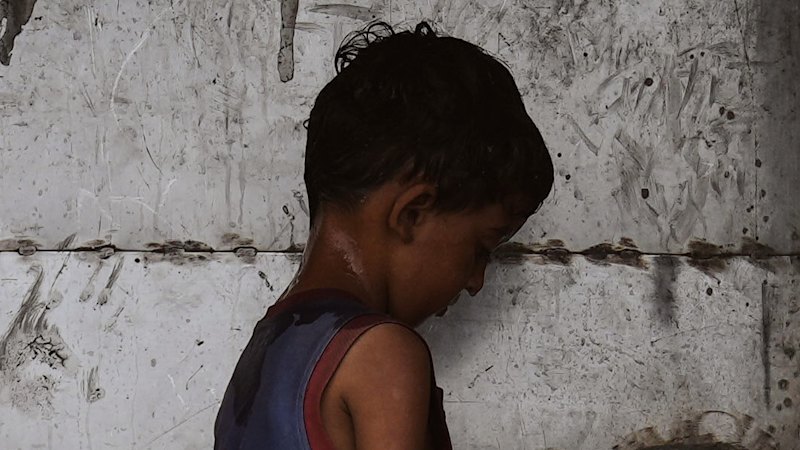
Delegations from Israel and Hamas commenced indirect negotiations in Sharm El-Sheikh, Egypt, on Monday, aimed at achieving a ceasefire in the ongoing conflict in Gaza. The discussions, which have garnered attention and support from the United States and various international stakeholders, focus on contentious issues such as Israel’s withdrawal from Gaza and Hamas’s disarmament.
Both parties have expressed preliminary support for the proposed framework for peace, which includes the cessation of hostilities, the release of hostages, and increased humanitarian aid to Gaza. This initiative represents the most significant step toward ending the conflict, with backing from both Arab and Western nations.
Former President Donald Trump emphasized the need for swift negotiations, stating in a social media post: “I am told that the first phase should be completed this week, and I am asking everyone to MOVE FAST.” Despite this urgency, both Israel and Hamas are seeking clarifications on critical details that have previously hindered attempts to resolve the conflict.
Reports indicate that Israeli military operations have decreased in intensity, although they have not ceased entirely. Gaza health authorities reported that 19 people died due to Israeli strikes over the past 24 hours, a significant reduction compared to prior weeks when daily casualties were much higher. The region faces dire humanitarian conditions, with the majority of its population of 2.2 million experiencing homelessness and food shortages due to the extensive damage caused by military actions.
Challenges and Ongoing Concerns
The talks come just before the second anniversary of the Hamas attack on Israel, which resulted in the deaths of 1,200 people and the abduction of 251 hostages, marking a tragic milestone in the conflict. In response to the ongoing military campaign, which has led to over 67,000 Palestinian fatalities, residents of Gaza are expressing desperation for a ceasefire. One displaced individual, Gharam Mohammad, stated, “If there is a deal, then we survive. If there isn’t, it is like we have been sentenced to death.”
In Israel, there is increasing pressure from the public to conclude the conflict and secure the release of hostages. Nonetheless, some members of Prime Minister Benjamin Netanyahu’s cabinet oppose halting hostilities. Reports from a source familiar with the negotiations indicate that despite Trump’s push for a quick resolution, the discussions may take several days to unfold.
The complexities of the negotiations extend to the return of hostages, including deceased individuals whose remains need to be located. A Palestinian official voiced skepticism regarding the prospects for a breakthrough due to deep-rooted mistrust between the parties involved.
Israeli officials participating in the talks include members of the intelligence community, such as those from Mossad and Shin Bet, along with Ophir Falk, an advisor on foreign policy, and Gal Hirsch, the hostages coordinator. The Israeli chief negotiator, Ron Dermer, is expected to join later in the week depending on the negotiations’ progress.
Hamas’s delegation, led by Khalil Al-Hayya, who recently survived an airstrike that killed his son, will be pressing for clear agreements regarding the exchange of hostages—both alive and deceased—for Palestinian prisoners held in Israel. A vital point of contention is the Israeli demand for Hamas to disarm, a condition the group has stated it will not accept without an end to the occupation and the establishment of a Palestinian state.
In a related development, Israel deported numerous activists detained last week while attempting to deliver aid to Gaza, including prominent climate activist Greta Thunberg.
As negotiations progress, the international community watches closely, hopeful that these discussions may pave the way for a lasting resolution to the conflict.







